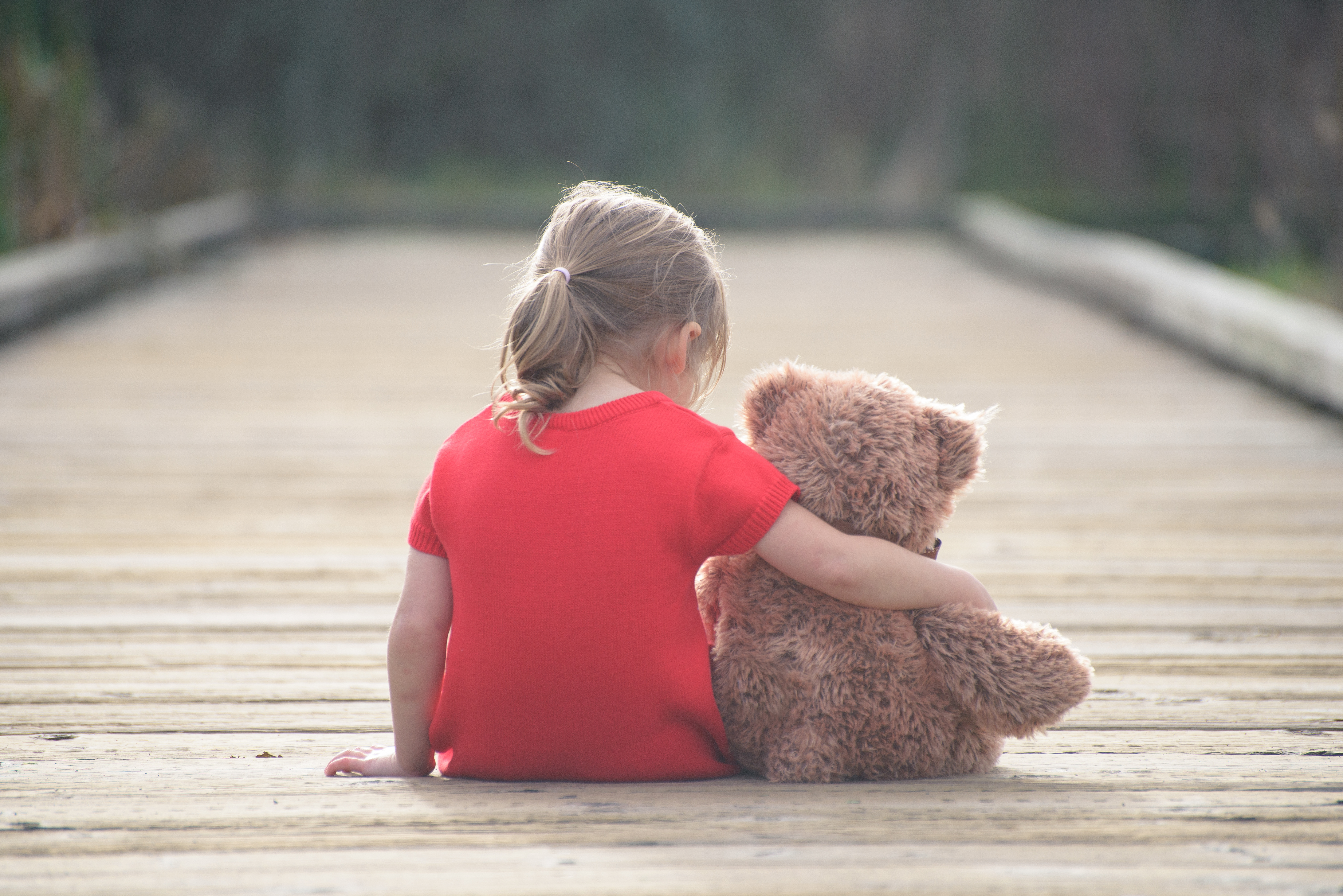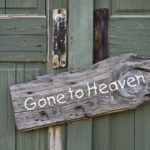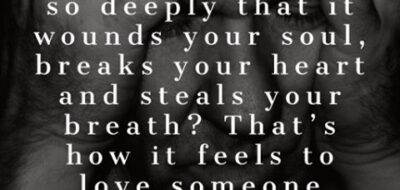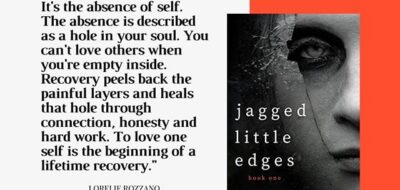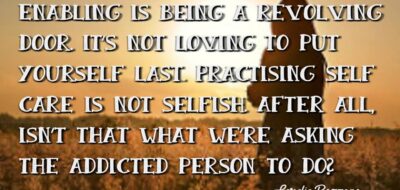Sometimes we have to go back and parent ourselves. When the “little me” was healed, the “big me” grew up.
As a little girl, I felt responsible for my parents. I still remember feeling anxious, sitting in the backseat of our car as it wobbled down the highway. I thought my alcoholic father would pass out behind the wheel. I kept a close eye on him – prepared to jump into the front seat and drive, if necessary. My mother sat next to my father. She wasn’t drunk, but it didn’t matter. In our home it was always Father who drove. My mother was subservient, quiet and subdued, until she couldn’t keep it in any longer. Then she would explode and throw things. I worried about her and the endless hours she spent in her bedroom, reading. I’d peak through the crack in her door just to make sure she hadn’t died from sadness or a broken heart.
Even though we lived under the same roof, my family and I were strangers. That happens when you don’t communicate. We never played together, we just lived in silence or we fought. There was a lot of tension in our home. I became hyper-vigilant. My antenna was always up. I knew EXACTLY how everyone else was feeling – everyone that is, but me. I learned much in those growing-up years. I became cynical and suspicious. It occurred to me that what people say and do, were two different things. To counteract this hypocrisy, I became self-reliant and never trusted anyone.
I walked on eggshells and avoided conflict by people-pleasing. I survived by being a chameleon. My emotional well-being was dependent on the alcoholic in our home. If he was having a good day, then I was, too. If he was having a bad day, I tried to make him feel better.
Because we didn’t acknowledge problems in our house, I never learned how to work through them. Instead, I avoided difficult issues and grew more bitter and resentful as the years passed. I blamed other people for all my problems, nothing was ever my fault. I was a victim.
Without knowing it, I became rigid. I viewed everything as good or bad and black or white. There were no grey areas. It was my way or the highway. I had no concept of boundaries. Love was a power struggle. If you didn’t agree with me, you didn’t love me.
I was never comfortable in my skin. I felt less than. I worked really hard to get people to like me. If you liked me, it gave me permission to like myself. But then I’d lose respect for you – for liking me.
Q. – What happens to children who grow up with addiction?
A. – They become messed up adults who need a lot of help.
By the time I was in my teens, I’d developed a relationship with substance. It made everything better. Trouble was, it was just a Band-Aid for what was really going on inside me. I revelled in the attention I got from my friends. I LOVED the attention I got from men. I liked men better, a lot better than I liked woman. I was needy, chaotic and emotionally starving.
I was ashamed of my tears. I thought people who showed their feelings were weak and embarrassing. I NEVER wanted ANYONE to know how badly I NEEDED them. When someone told me they “loved me” I didn’t believe them. And then … I got married, had a family and passed along all my “wisdom.” To say it went badly would be an understatement.
Q. – So how does one undo this mess?
A. – Slowly, and with a lot of help.
You can’t change what you won’t acknowledge. Putting down the bottle and letting go of drugs was the easy part. Asking for help was hard. Especially when you don’t trust people. I spent my whole life avoiding feelings, only to be told if I wanted to be healthy, I would have to feel them. I’m not gonna lie. It hurt to feel what I was feeling. I let out years of pen- up pain and grief. In doing so, I found the relief I’d been seeking in substances. In the process, I learned there was a scared child hiding within me. She had spent her whole life waiting for someone to love her. She was a lonely, neglected and angry little girl. I pictured this “little me” and tried my darndest to meet her needs. I loved her no matter what and with no conditions at all. I loved her the way I wished I’d been loved.
Sometimes we have to go back and parent ourselves. When the “little me” was healed, the “big me” grew up.
I finally stopped running. It was exhausting and futile. You can’t outrun yourself no matter how hard you try. Recovering from codependency and addiction is like having the flu. It’s all gotta come out, before it gets better. But if you do the work, it will get better.
If I can recover, you can too. The question isn’t if, it’s when. Only you can answer that one. Recovery has taught me to reach out. In sharing my story, I learned I’m not alone. I used to think asking for help was a sign of weakness. But I was wrong. Asking for help isn’t a sign of weakness, at all. It’s just the opposite. Asking for help requires great courage. So get your brave on and reach out. We’re here for you, when you do.
